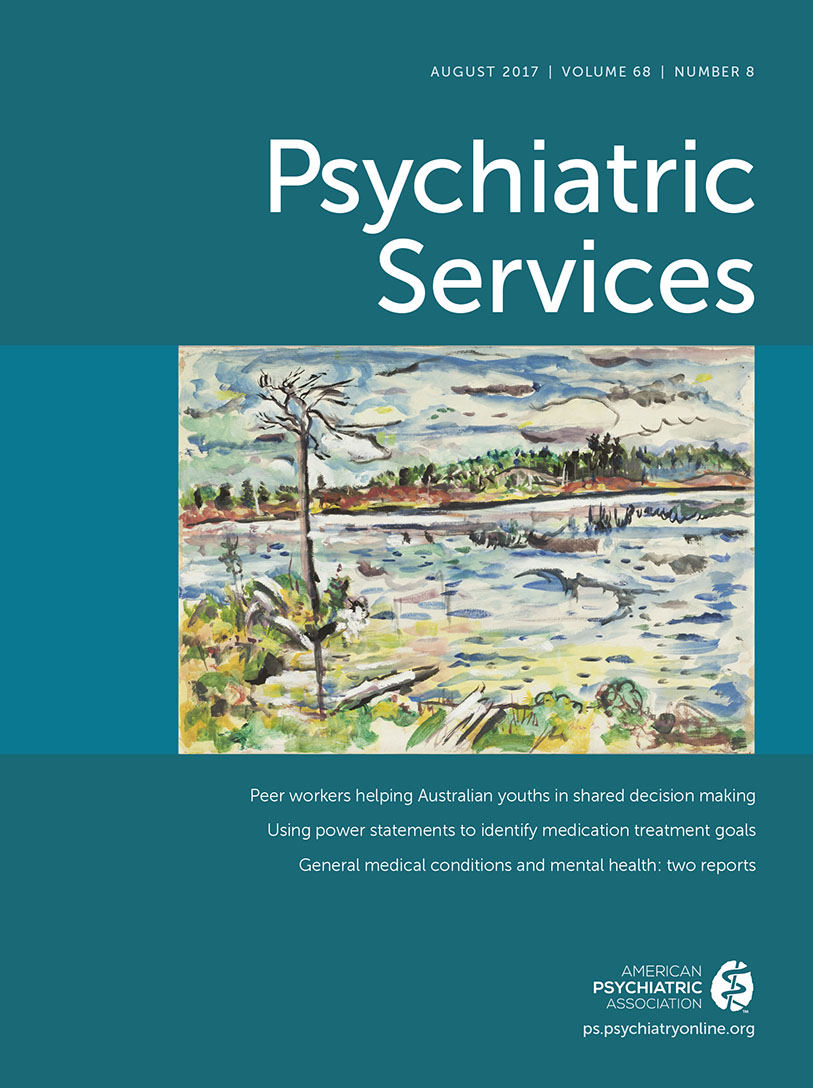Exacerbation of Psychiatric Symptoms of Undocumented Immigrant Patients Under a New Administration
TO THE EDITOR: Although 11 million undocumented immigrants live in the United States (1), there has been no research on the psychiatric effects of President Trump’s executive orders restricting immigration. Many psychiatric providers care for immigrants. We report clinical interviews of three undocumented immigrants seen in the adult outpatient clinic at NYC Health+Hospitals/Kings County in Brooklyn, New York, since the 2016 Presidential election. These patients now experience psychiatric symptoms after changes in immigration policies.
Patient 1 is a 23-year-old female from El Salvador with prior depression. In recent weeks, she has been increasingly anxious about the threat of deportation. She has described new symptoms of believing that immigration officials are “watching me through the window.” She has two young children, ages two and three, who are U.S. citizens. Her biggest fear is separation from her children if she is deported.
Patient 2 is a 44-year-old male from Jamaica with no past psychiatric history who recently came to our clinic reporting increased anxiety and worry that he may get picked up off the street at any moment and deported. He reports being more hypervigilant and having more insomnia since the election. He is most fearful of being separated from his two children, ages five and seven.
Patient 3 is a 41-year-old male from Mexico with prior posttraumatic stress disorder (PTSD) and panic disorder. He was maimed with a knife in 2005. In the past three weeks this patient has had increased frequency of panic after reports in the media of immigrants being picked up and deported. He avoids going out into public places. He saw a man with a two-way radio device on the subway who he perceived to be an immigration officer. He fears he may become separated from his 18-year-old son if he is forced to return to Mexico.
The threat of being separated from their children exacerbated symptoms of all three patients. Undocumented patients have a significantly greater number of psychosocial stressors compared with legal residents and U.S.-born citizens (2). Deportation is an additional trauma that should be addressed as another dimension in the biopsychosocial formulation. Included in the clinical interview should be inquiry into a patient’s legal status and how the individual feels about recent political events. These patients may fear that having a psychiatric diagnosis could impair their future ability to secure legal immigrant status. Therefore, sensitivity to and reassurance of confidentiality is required (3). Clinicians can sympathize with these patients’ very human fears of being separated from their family rather than viewing them as “illegals.”
1 : US undocumented population drops below 11 million in 2014, with continued declines in the Mexican undocumented population. Journal on Migration and Human Security 4:1–15, 2016Crossref, Google Scholar
2 : Psychosocial stressors, psychiatric diagnoses and utilization of mental health services among undocumented immigrant Latinos. Journal of Immigrant and Refugee Studies 3:107–123, 2005Crossref, Google Scholar
3 : Clinical encounters with immigrants: what matters for US psychiatrists. Focus 13:409–418, 2015Crossref, Medline, Google Scholar



